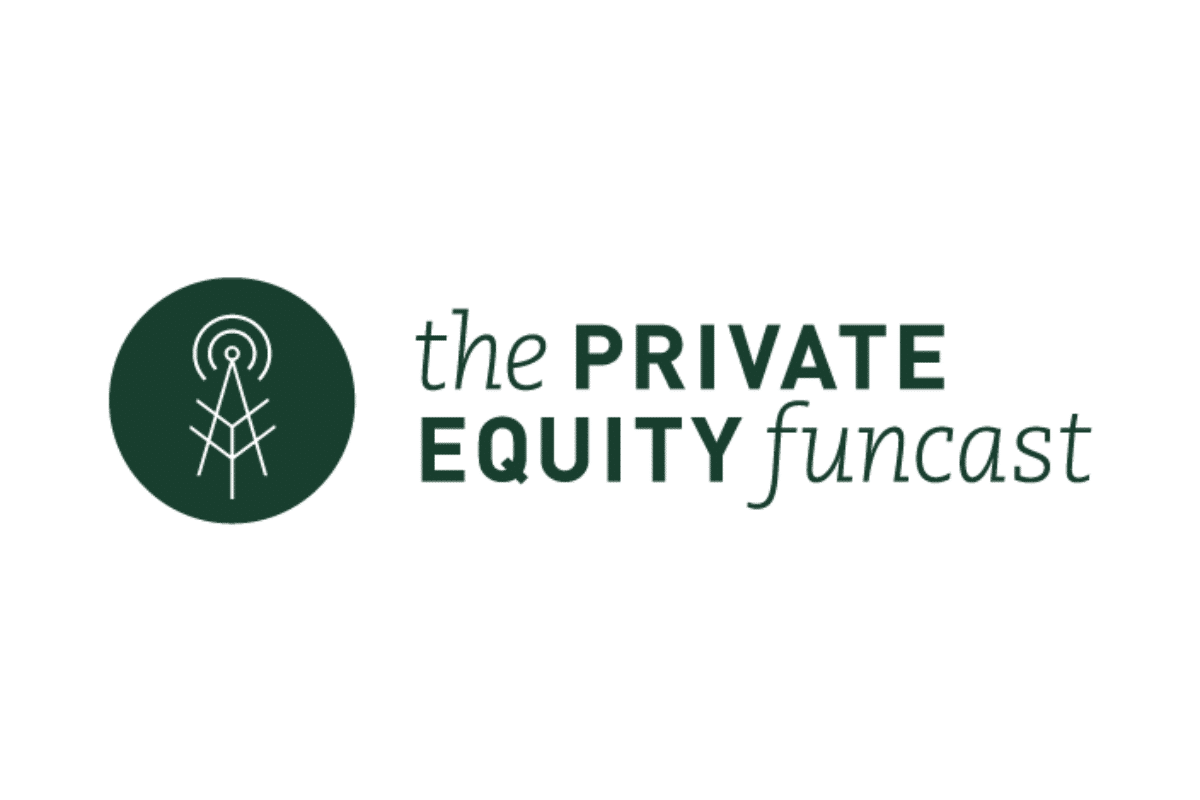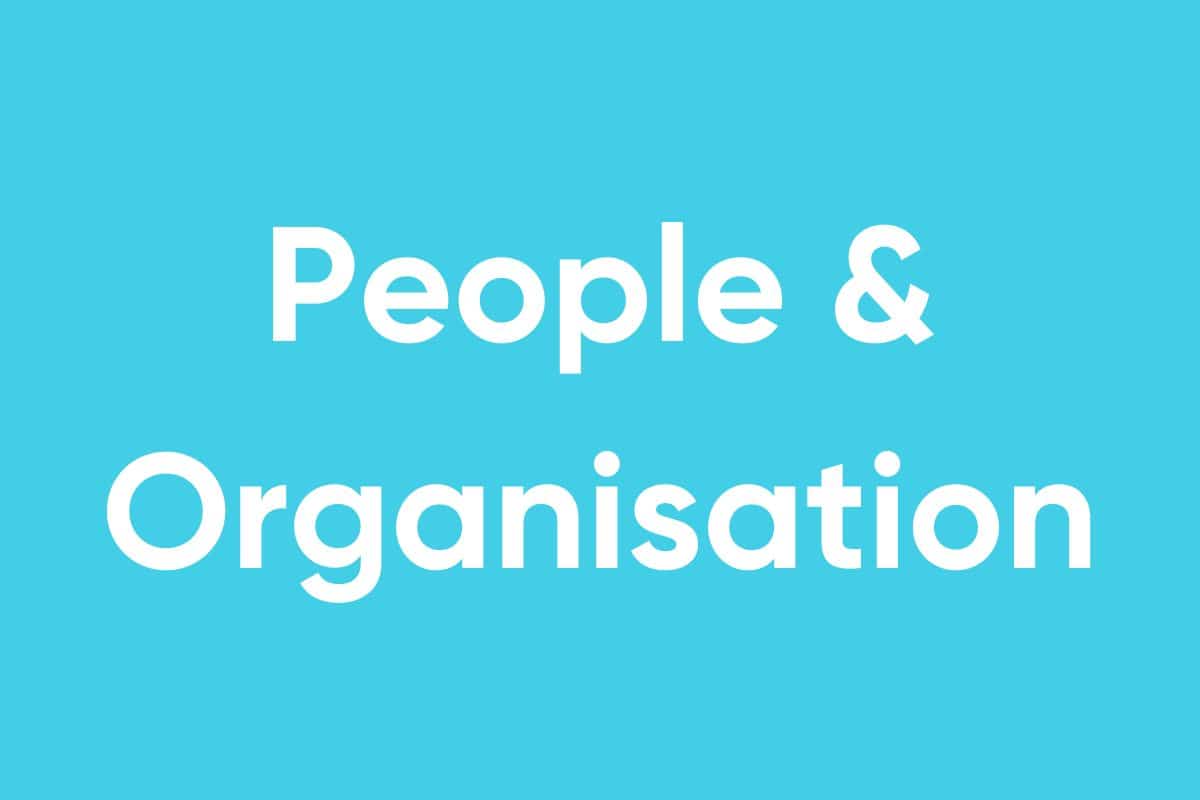Daniel, at Shoepassion you have tried different financing models. You initially bootstrapped and then made a conscious decision to take out a bank loan to fund your continued growth. Why?
Daniel: I wasn’t there at the beginning, but of course I know the motives for the decisions. If you bring in VCs too early, you simply give away a disproportionate amount of shares. You get around that by working with banks. What many founders ignore are the funding opportunities in the banking environment. For example, one has very long terms for repayment or generally very low interest rates. This was a key reason for Shoepassion to go this route, also because the company is working capital intensive.
What many founders ignore are the funding opportunities in the banking environment. For example, one has very long terms for repayment or generally very low interest rates.
Daniel: A main lesson for us was that you can and should talk to banks. Because banks also offer a wide variety of financing options. If you’re still in the venture capital space at the beginning, for example, venture capital can be made available. You can even arrange flexible lines: You pay a small fee, but only if you use the money. This is similar to a current account. In this case, the interest is fixed for up to one year, at the usual money market rate. There are different vehicles.
It makes sense to talk to banks at an early stage, especially in a very working capital-heavy business area such as ours. Banks are generally very interested in start-ups. Another advantage is that over the long period of time that you work with a bank, you develop a relationship of trust that benefits you in difficult times. During the Corona pandemic, it was helpful to have such a long-standing relationship.
In addition, having another party on board can be beneficial as it provides another validation authority for the plans.
In addition, having another party on board can be beneficial as it provides another validation authority for the plans.
I’m a little surprised that you cite having one more party on board as an advantage. In my understanding, the bank is a very passive party. When things are going badly, I’m sure she speaks up, but what about day-to-day operations? How much do you feel the influence of the bank?
Daniel: In principle, we don’t notice anything of this in everyday life. I am actually referring to funding issues. In some cases, we didn’t even know what different solutions were available at banks. For example, you can get some grants only if the bank applies for them. You are right, a bank is not an active party with whom to discuss how to move the business model forward, but rather a consultant in the area of financing.
In your view, what are the biggest disadvantages of this form of financing?
Daniel: In the early stages, you can’t avoid a certain amount of private guarantee. Banks want collateral. If the business does not provide them, you have to provide them as a founder or as a manager. Another major disadvantage is that the day will come when you have to repay the loans.
Daniel: It’s never nice to pay interest, but you have to hold the cap table against it. From my point of view, companies should take advantage of different financing options at different stages. At a certain point, we also used investor money. In a business model where you finance a lot of merchandise, it makes sense to finance this with low-cost debt. It makes no sense to take expensive equity for the shareholder. If, on the other hand, you are pursuing a growth strategy and investing heavily in marketing, for example, it may make more sense to get investors on board, because there is greater uncertainty as to whether you will be able to repatriate the money by time X.
In a business model where you finance a lot of merchandise, it makes sense to finance this with low-cost debt. It makes no sense to take expensive equity for the shareholder.
Daniel: It’s never nice to pay interest, but you have to hold the cap table against it. From my point of view, companies should take advantage of different financing options at different stages. At a certain point, we also used investor money. In a business model where you finance a lot of merchandise, it makes sense to finance this with low-cost debt. It makes no sense to take expensive equity for the shareholder. If, on the other hand, you are pursuing a growth strategy and investing heavily in marketing, for example, it may make more sense to get investors on board, because there is greater uncertainty as to whether you will be able to repatriate the money by time X.
What tips do you have for young entrepreneurs who are just about to decide which financing path to take?
Daniel: Every founder should be honest with themselves and consider how risk-averse they are. Especially in the beginning, you tend to plan everything a bit too optimistically. That’s when you should take a step back and think: What happens if things don’t go so well after all? Those who bring external parties into the circle of shareholders at an early stage give up a disproportionately large number of shares. Here, you have to weigh the opportunities with your personal perception of risk and be aware that equity is always expensive.
Of course, it is also relieving to know that you are not using your own money but that of investors, but you do pay a price for it. In my experience, you also act more risky when investors are on board. You present plans and then you want to stick to them. You should be clear about that.
Those who bring external parties into the circle of shareholders at an early stage give up a disproportionately large number of shares. Here, you have to weigh the opportunities with your personal perception of risk and be aware that equity is always expensive.
You’ve personally learned about the different funding streams. Would you make the same choices at Shoepassion again?
Daniel: The way it went was pretty ideal. The two founders took a high risk because they had to vouch privately. But after they successfully cleared this hurdle, we had completely different rules of the game because the founders still held 100 percent of the shares.
How it went was pretty ideal. The two founders took a high risk because they had to vouch privately. But after they successfully cleared this hurdle, we had completely different rules of the game because the founders still held 100 percent of the shares.














